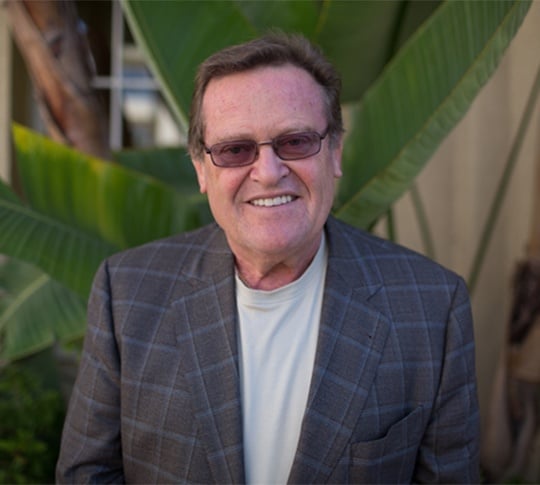A strong STEM literate workforce may well be the most critical issue over the next 20 - 30 years for the US in the global economy. STEM occupations are projected to grow by 17% (to 8.9 million jobs) from 2008 to 2018, compared to 9.8% growth for non-STEM occupations, according to the U.S. Department of Commerce.
The need for better STEM education is the most talked about education issue among top stakeholders – educators, business leaders, politicians, philanthropists and many parents. Large amounts of funding from government, corporate and the philanthropy sectors are allocated to STEM, both in programs, conferences and advocacy for applying even greater emphasis to its importance. We must promote and educate more students towards careers in Science, Technology, Engineering and Mathematics. This, in the language of mathematics, is a “given.”
My proposition is that the M in STEM is the most important element, because it is a language. Math is the language needed to Engineer new Technologies, as well as understand, model and make new Science discoveries, just as English is the language needed to Read and Write books. Math literacy goes hand in hand with English literacy. An education without a solid footing in mathematical thinking will not result in a successful solution to the problems we face.
Math is much more than its dictionary definition: “The abstract science of number, quantity, and space.” Math is much more than Algebra, Geometry or even Calculus. Math is the means and foundation to the solid development of the skills of learning, logical thinking and reasoning. Without these strong skills in the 21st century, college programs leading to STEM careers will either be unattractive to high school graduates --or even worse-- produce sub-par professionals.
Where to Start? A key question I hear asked by many involved in STEM education is: “What are the most critical grade levels where we need to place strong emphasis and apply resources?” Most advocates believe it is middle school and therefore substantial resources are applied there. However, when it comes to math, I strongly believe that the foundation must start with elementary school students, or perhaps even as young as preschoolers. Research studies have shown that early math skills are the number one predictor of later academic success.
Too many people and students view mathematics as just an end unto itself with little practical use outside of school. I disagree; the connection of math learning in the classroom to logical thinking and effective problem solving in real life is very much undervalued.
When I ask students “What is your favorite subject in school?”, the answer is rarely math, and most often I hear math is their least favorite subject. Too often, I hear that they have to “get through” math and that they have to memorize and cram procedures. What if students had the opportunity to discover the logic and beauty of math?
The need for solid mathematical thinking goes much beyond STEM. Even if we project as high as 20% of students on a path to STEM careers, the other 80% will go into fields which will also require skills obtained through math proficiency. Professional teachers, plumbers, electricians, mechanics, construction workers, financial advisors, nurses and many others will need the abilities to think logically and continuously learn as new technology is applied to their field and/or they have to transition to new careers needed in the global 21st century economy. As the futurist Alvin Toffler once said:
The skills developed by high quality math education, both in content and making it fun to learn, will provide young students the best possible tools for all future careers in all professions, STEM and others.

Mike Lefkowitz is President of the Semel Group, advising business and societal benefit organizations. He is a long-term board member at MIND Research Institute.
Comment